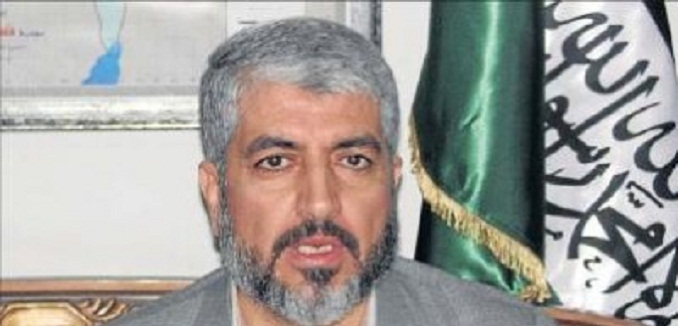Hamas has lost international backers and seen its domestic popularity slide. It is facing the prospect of economic suffocation, as the Egyptians move to shut down the lucrative smuggling tunnels between the Hamas-controlled Gaza Strip and the Sinai Peninsua down by Egypt. Its rival Palestinian Fatah faction has taken to all but openly mocking it.
In an attempt to maintain political control over the Gaza Strip, Hamas has censored the press and stifled dissent. It has sought to boost its popularity by conducting terror attacks against Israel.
The Iran-backed group’s fortures were thought to be on the ascendancy as recently as a year ago. Hamas is an off-shoot of the Muslim Brotherhood, and the electoral success of Egypt’s Muslim Brotherhood-linked Freedom and Justice Party was supposed to empower the organization. Even after the Brotherhood was stripped of political power by the Egyptian army in the wake of mass unrest, Hamas continued antagonizing the military.
It appears that Hamas has now decided that discretion is the better part of valor:
Hamas’ external leadership has instructed the movement’s leaders in Gaza to refrain from public expressions of support for the Muslim Brotherhood and cease all activities by its military wing in support of deposed Egyptian President Mohammed Morsi. The instructions were contained in a strongly-worded letter from Moussa Abu Marzouk, deputy to Damascus-based leader Khaled Mashal, parts of which were posted on Palestinian websites. Abu Marzouk also called on Ismail Haniyeh, the head of Hamas in Gaza, to prevent declarations and demonstrations against the Egyptian army and the military coup in Egypt.
Ha’aretz analyst Zvi Bar’el suggests that Hamas’s damage control efforts reflect an organization on the brink of collapse:
Abu Marzouk’s letter attests to the stark dilemma now facing Hamas, following recent events in Egypt. These developments now threaten its continued rule in Gaza… It’s not clear where money will be found to pay its 42,000 employees this month. Reports from Gaza indicate a dire shortage of fuel due to the closing of the tunnels, leading to a reduction in public transportation. The prices of basic goods have increased significantly and social services have been drastically reduced due to harsh budget cuts…
There is growing opposition to Hamas within Gaza itself. Activists from Fatah and from social protest groups have set up the ‘Tamrud Aza’ (Gaza Resistance) group… The Hamas leadership is at a loss for a course of action that would extricate it from its internal and inter-Arab crisis.
The evaluation of Hamas’s weakness echoes that of Jonathan Schanzer, vice president for research at Foundation for Defense of Democracies, who this summer published a call for diplomacy aimed at cripping the organization.
[Photo: Rastrojo / Wiki Commons]




